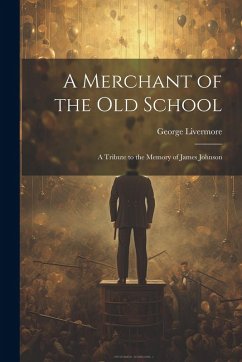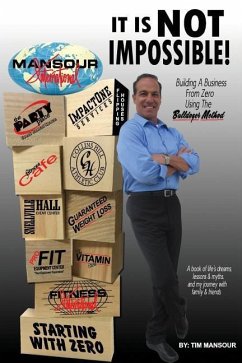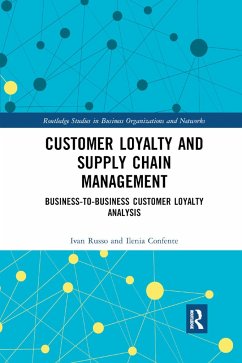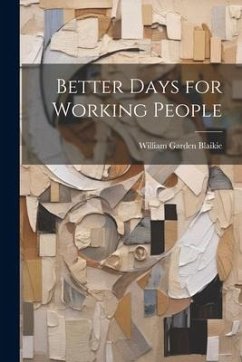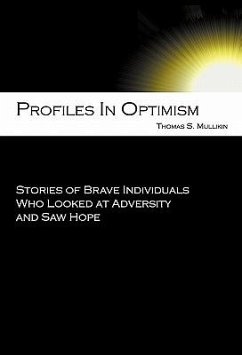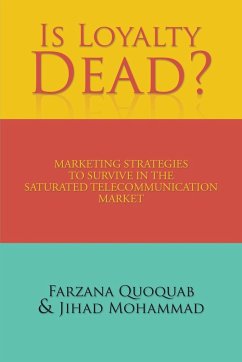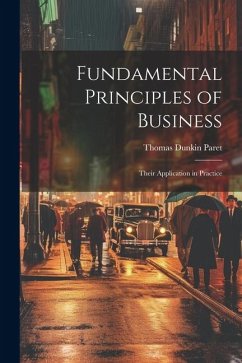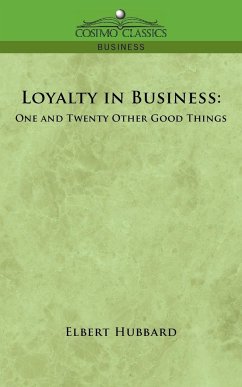
Loyalty in Business
One and Twenty Other Good Things
Versandkostenfrei!
Versandfertig in 1-2 Wochen
15,99 €
inkl. MwSt.
Weitere Ausgaben:

PAYBACK Punkte
8 °P sammeln!
Industry is intelligent action, motion, movement. And now science tells us that thought also is a physical action, a movement, a vibration of the cells of the brain. Wandering, dreamy thought is merely bad habit, or, more properly, lack of a good habit, for it leads nowhere. To carry bricks back and forth from one side of the street to the other is not industry, because it lacks intelligent purpose. To think and make no headway is simply to carry bricks back and forth. ¬ -from "The Master Man" Elbert Hubbard was one of the most respected journalists and most in-demand lecturers of the early 2...
Industry is intelligent action, motion, movement. And now science tells us that thought also is a physical action, a movement, a vibration of the cells of the brain. Wandering, dreamy thought is merely bad habit, or, more properly, lack of a good habit, for it leads nowhere. To carry bricks back and forth from one side of the street to the other is not industry, because it lacks intelligent purpose. To think and make no headway is simply to carry bricks back and forth. ¬ -from "The Master Man" Elbert Hubbard was one of the most respected journalists and most in-demand lecturers of the early 20th century, and this 1921 book of cheerful, useful advice for succeeding at work-and at life-makes clear why he was so popular. In this collection of little nuggets of business wisdom, Hubbard shares his wonderfully eccentric outlook on such topics as: . genius and the line between failure and success . the secret of success . the surprising importance of advertising . the virtues of useful work . the necessity of thrift . and much, much more. Drawing on the lives of famous folk from William Morris to Adam Smith and with a knowing, amusing wit, this is the work of a true American original. Also available from Cosimo Classics: Little Journeys to the Homes of Great Businessmen. American freethinker ELBERT GREEN HUBBARD (1856-1915) was editor and publisher of the monthly magazines The Philistine (1895-1915) and The Fra (1908-1917). Among his many books are The Man: A Story of Today (1891), Forbes of Harvard (1894), No Enemy (but Himself) (1894), and The Man of Sorrows (1905).



